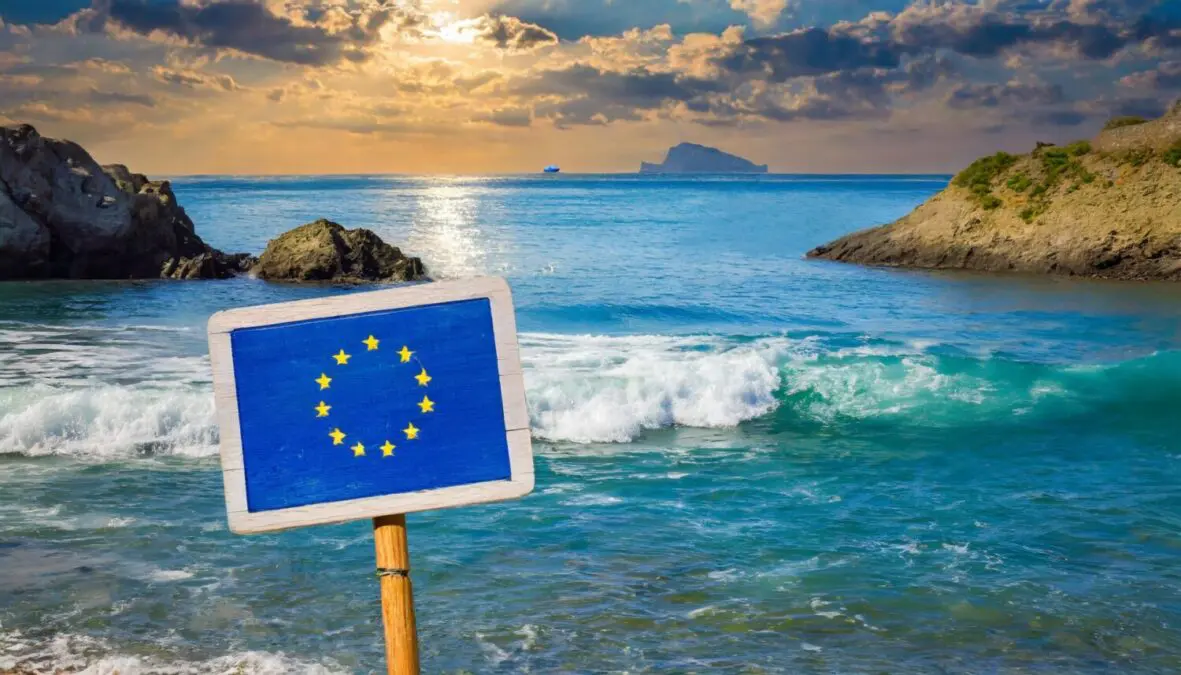In a bid to fortify maritime safety and environmental protection, European Union negotiators have clinched an informal agreement to impose stringent measures to combat pollution from ships in European seas. The deal, encompassing a suite of initiatives to prevent and penalize various forms of pollution, signifies a significant leap towards fostering cleaner and safer maritime environments.
The agreement extends the ban on ship-discharged oil spills to encompass sewage, garbage, and residues from scrubbers. This expansion underscores a holistic approach to tackling pollution sources and underscores the imperative for rigorous regulations to shield marine ecosystems.
To ensure robust monitoring and enforcement, the agreement incorporates provisions for enhanced verification of pollution incidents. EU countries and the Commission will collaborate to bolster communication on pollution incidents, share best practices, and undertake follow-up actions. Notably, the agreement mandates digital verification of high-confidence alerts from the CleanSeaNet satellite system, with a target to verify at least 25% of alerts by national authorities.
A pivotal facet of the agreement is the introduction of effective and deterrent fines for ships found breaching pollution regulations. By instituting penalties commensurate with the gravity of offenses, the agreement aims to dissuade illegal discharges and instill accountability among ship operators. This emphasis on enforcement underscores the commitment to upholding environmental standards and ensuring a sustainable maritime future.
EP rapporteur Marian-Jean Marinescu underscored the significance of robust enforcement measures in safeguarding marine environments. He emphasized the need for advanced technologies, such as satellite monitoring and on-site inspections, to effectively combat illegal discharges. The dedication to cleaner seas, heightened accountability, and a sustainable maritime future underscores the collective endeavor to safeguard marine ecosystems and promote responsible maritime practices.
While the preliminary agreement awaits approval by the Council and Parliament, EU countries are expected to transpose the new rules into national legislation within 30 months. This timeline underscores the commitment to prompt implementation and underscores the urgency of addressing maritime pollution through coordinated regulatory frameworks.
The agreement on the revision of the directive on ship-source pollution forms part of the Maritime safety package introduced by the Commission in June 2023. This comprehensive package seeks to modernize and strengthen EU maritime regulations concerning safety and pollution prevention, reflecting a proactive approach to addressing environmental challenges in the maritime sector.






